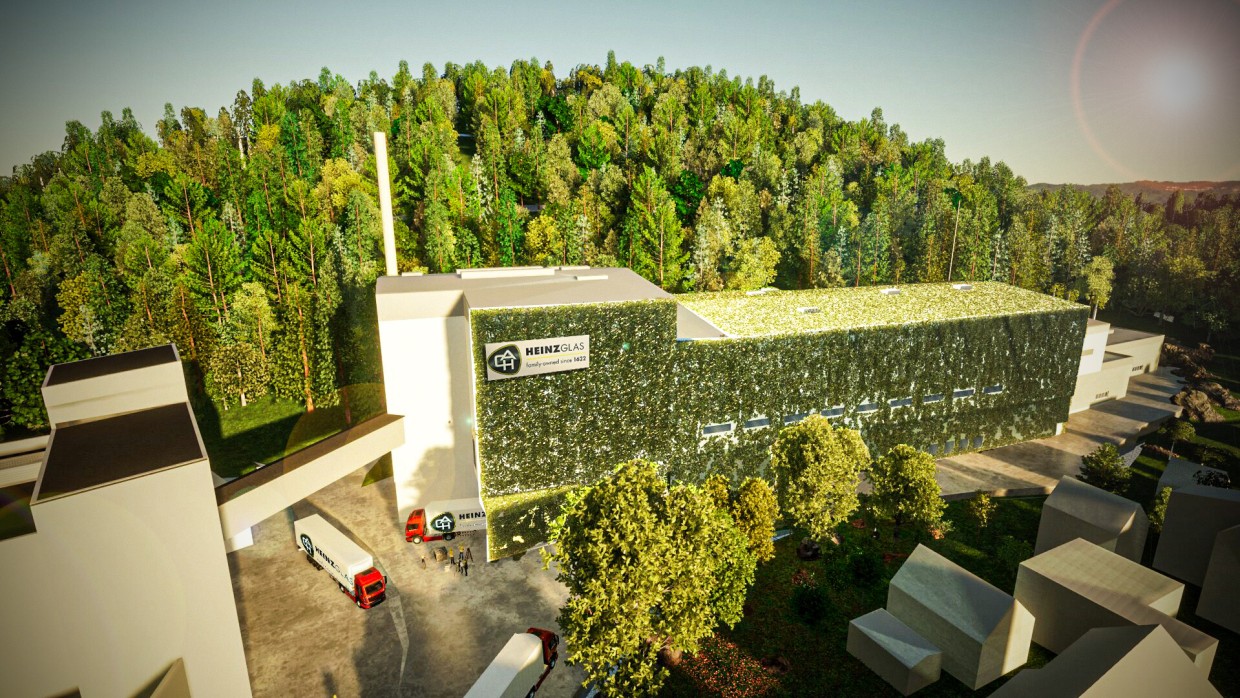News
News
Heinz-Glas reduces CO2
Millions in funding for glass production
Heinz-Glas will be able to save 6,250 tonnes of CO2 per year during production in the future. Thanks to a subsidy of 15 million euros, granted by Vice Chancellor and Federal Minister for Economic Affairs and Climate Protection Dr Robert Habeck, as part of the federal government’s ‘Decarbonisation of Industry’ funding programme.
CO2 emissions in glass production
The glass industry is one of the most energy-intensive industrial sectors in Germany. In glass production, most of the energy required is generated during the melting process. The glass raw materials are melted together with shards in fireproof melting tanks at temperatures of up to 1,700 degrees Celsius.
For melting
Heinz-Glas is investing in an innovative glass melting tank at its Thuringian site in order to produce glass with low CO2 emissions in the future. The company is also planning to replace downstream components with climate-friendly alternatives. In future, the fully electrically heated plant will be able to produce 90 tonnes of glass per day, saving 6,250 tonnes of CO2 per year.
Green future
The use of all-electric melting tanks makes it possible to dispense with fossil energy sources while utilising green electricity. The funding will also go towards the construction of the new production building and the conversion of existing facilities at the site in Piesau, Thuringia.
Source: Heinz-Glas

